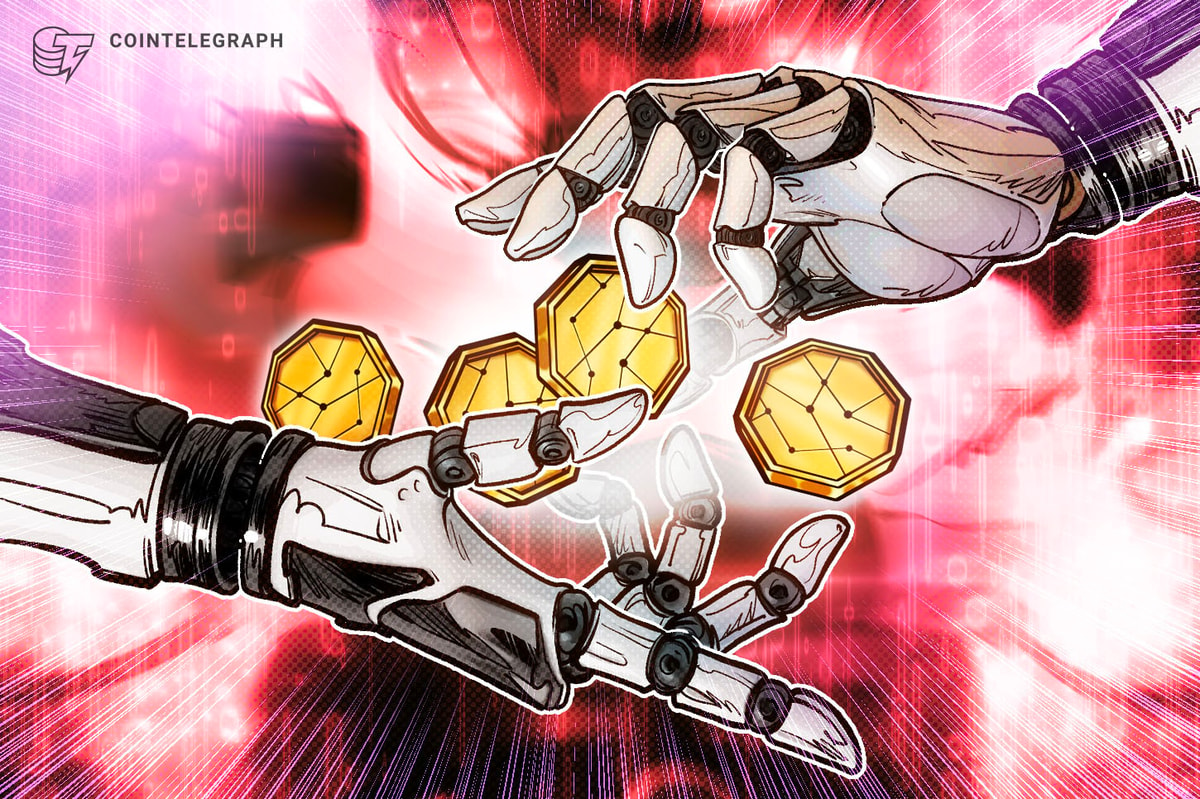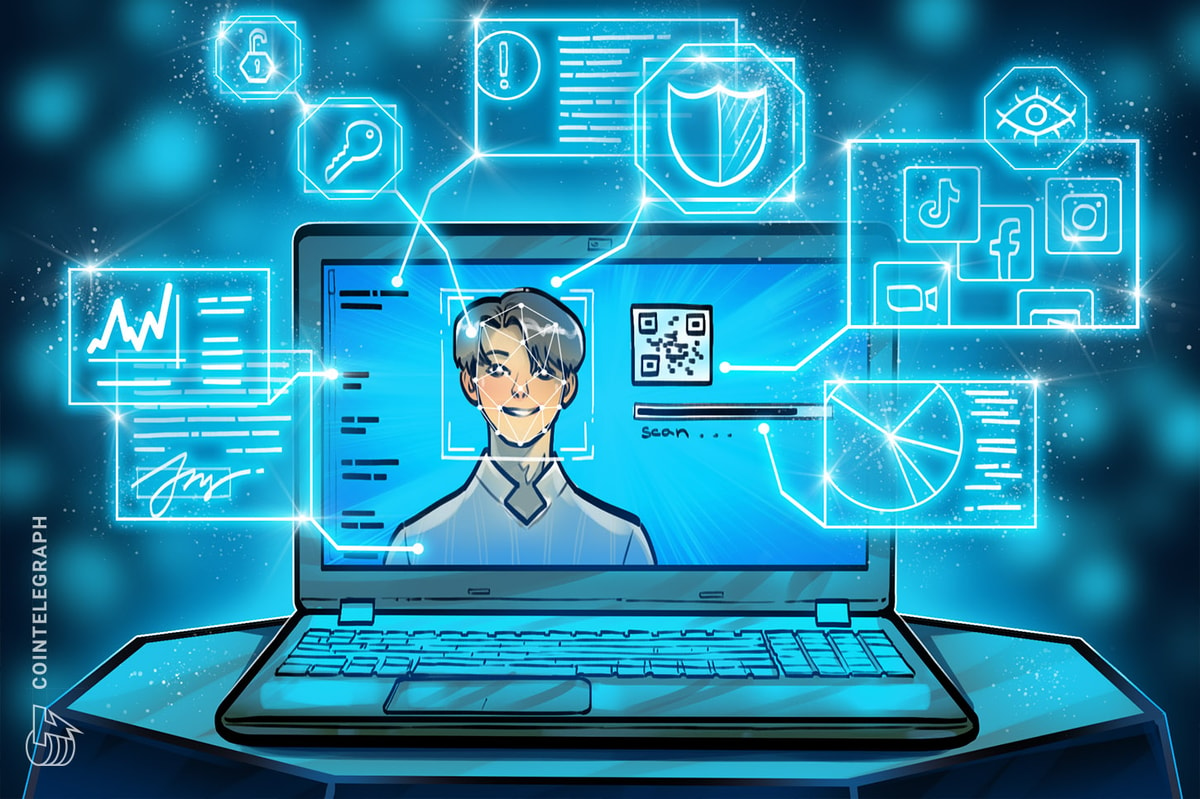Managing Intellectual Property in the Age of Generative AI
Challenges for Outsourcing Vendors
Consider a hypothetical outsourcing vendor with decades worth of contracts, statements of work, white papers, blog posts, and PowerPoint presentations that it has used to market to and engage with clients and potential clients. This company wants to point ChatGPT at that content to generate fast responses to requests for proposals, summarize its thinking on various topics for presentations at conferences, and more. However, it also wants to ensure that once the chatbot has accessed this proprietary data, it won’t allow that data to be used unfairly by the company’s competitors.
The Importance of IP Protection
The company may want to flag each piece of intellectual property (IP) with codes telling ChatGPT which bits can be used freely, which can be used only with attribution, which only with permission, and which only with the payment of royalties or some other form of compensation. ChatGPT would need only simple tweaks to recognize these codes. This approach would provide a level of transparency and control over how the company’s IP is used, reducing the risk of misappropriation or infringement.
Using Blockchain for IP Protection
Alternatively, imagine this same company deciding to use a generative AI chatbot to create a proposal for a client, only to learn that a key component of the proposal largely mirrors concepts developed and perhaps copyrighted by one of its competitors – potentially inviting a lawsuit. If most organizations were storing and tagging their IP on a blockchain before making it available to generative AI chatbots, the potential for infringing on someone else’s intellectual property would decrease dramatically.
Real-World Concerns
Companies are currently grappling with these concerns. They want to be first movers and create new value for their clients and customers, but they also don’t want to create risks they may not be able to manage. Some have already ended up in court. For example, stock photo company Getty Images sued Stability AI, maker of the AI-based image generator Stable Diffusion, over alleged copyright violations. Getty argued that Stability AI had “unlawfully copied and processed millions of images protected by copyright” to train its software for its own commercial benefit. Getty is seeking up to $1.8 trillion in damages.
The Uncertainty of Courts
How claims of copyright violations or misappropriation of IP might play out in court are largely unknown at this point, given how new the field of generative AI is. It’s likely to take years before the courts catch up to the technology.
Conclusion
In conclusion, managing intellectual property in the age of generative AI requires a thoughtful and proactive approach. By flagging IP with codes and storing it on a blockchain, companies can ensure that their proprietary data is used fairly and that they are compensated for its reuse. While the legal landscape is still uncertain, companies that take a proactive approach to IP protection can reduce the risk of infringement and misappropriation.
FAQs
Q: Why is IP protection important for companies using generative AI?
A: IP protection is crucial for companies using generative AI to ensure that their proprietary data is used fairly and that they are compensated for its reuse.
Q: How can companies protect their IP?
A: Companies can protect their IP by flagging it with codes and storing it on a blockchain. This approach provides transparency and control over how the company’s IP is used.
Q: What happens if a company’s IP is used unfairly?
A: If a company’s IP is used unfairly, it may face legal action, including claims of copyright infringement or misappropriation of IP.
Q: How long will it take for the courts to catch up to the technology of generative AI?
A: It’s likely to take years for the courts to catch up to the technology of generative AI, given how new the field is.
Q: What is the potential impact of Getty Images’ lawsuit against Stability AI?
A: The potential impact of Getty Images’ lawsuit against Stability AI could be significant, with Getty seeking up to $1.8 trillion in damages. The case may set a precedent for future lawsuits involving generative AI and intellectual property.









